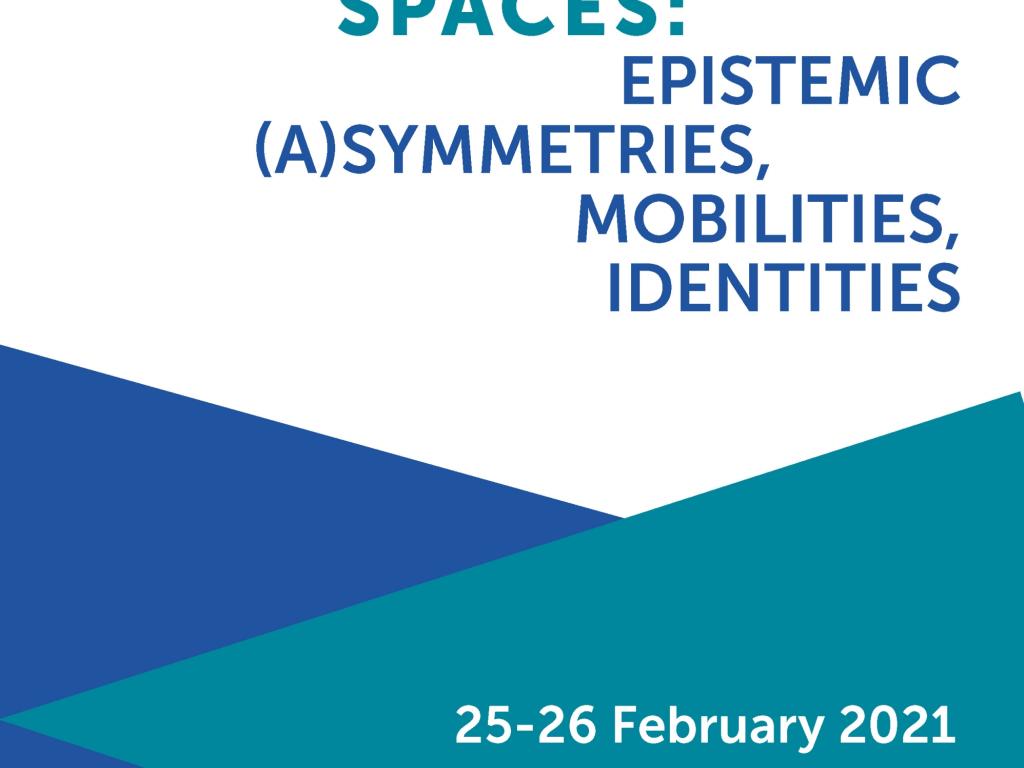Forensic museology and collecting scattered archive

On 25 and 26 February 2021, APC sent two of its members, Carolyn Hamilton and Ettore Morelli, to the virtual symposium “Contested Spaces: Epistemic (a)symmetries, mobilities, identities”, organised by the School of Oriental and African Studies, University of London, and the University of KwaZulu-Natal.
The symposium, which opened with a keynote address by Professor Achille Mbembe on “Decolonising Knowledge Production”, offered us the opportunity to discuss our research and our theoretical advances with scholars from Africa and the United Kingdom. The themes of the panels ranged from the decolonisation of knowledge production to diaspora and mobility, from decolonial feminism to human rights. Within such a variety of approaches, one recurring preoccupation for many speakers was the question of the place, role, and contribution of Africa in and to the world of tomorrow.
Ettore participated in the panel on “Archives, Museums and Heritage as Contested Spaces of Identity” and demonstrated his progress in the research undertaken during the postdoctoral fellowship at APC. We last spoke about this in our May 2020 Gazette, when the research had just started. At the symposium, he introduced the audience to the ongoing work of tracing and conceptualising the dispersed collection of Ronald Stretton Webb, and the incredibly rich production of African intellectuals such as Abraham Aaron Moletsane. This has received some attention on Twitter, too!
Hamilton delivered the final keynote of the Symposium, together with Ciraj Rassool from the University of Western Cape.
Their analysis began with the issue of restitution and moved to discuss to a great depth the concept of “forensic” as applied to the study and practice of museums and archives, touching on both the possible transformations of such institutions, and a new working approaches or both scholars and the public. In their discussion, “forensic” suggested a varied set of values and practices. From a legal perspective, it contains the idea of investigation, of following and annotating the footprints left by items and actors in time. At the same time, with a twist, the concept is also a remembrance of the “forum”, as one of the prime places of citizenship, where politics is debated and made every day. Could this be the future for museums and archives?